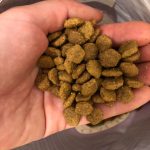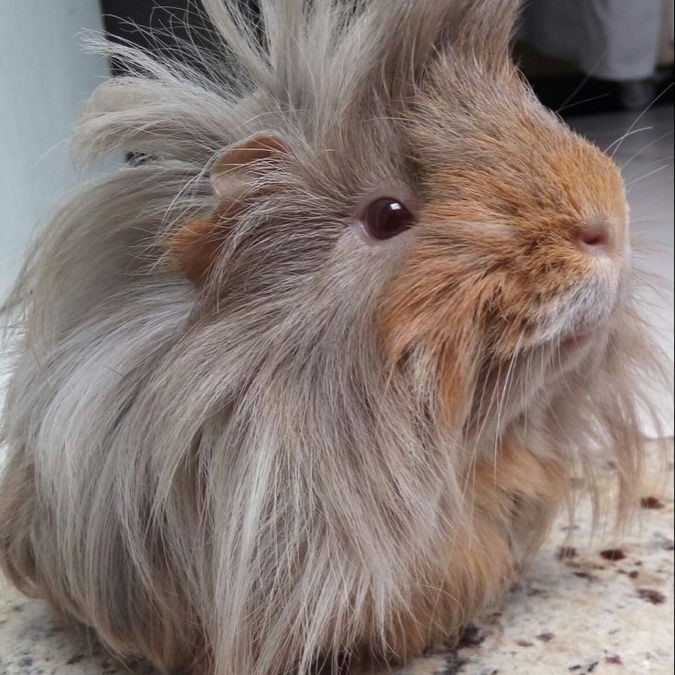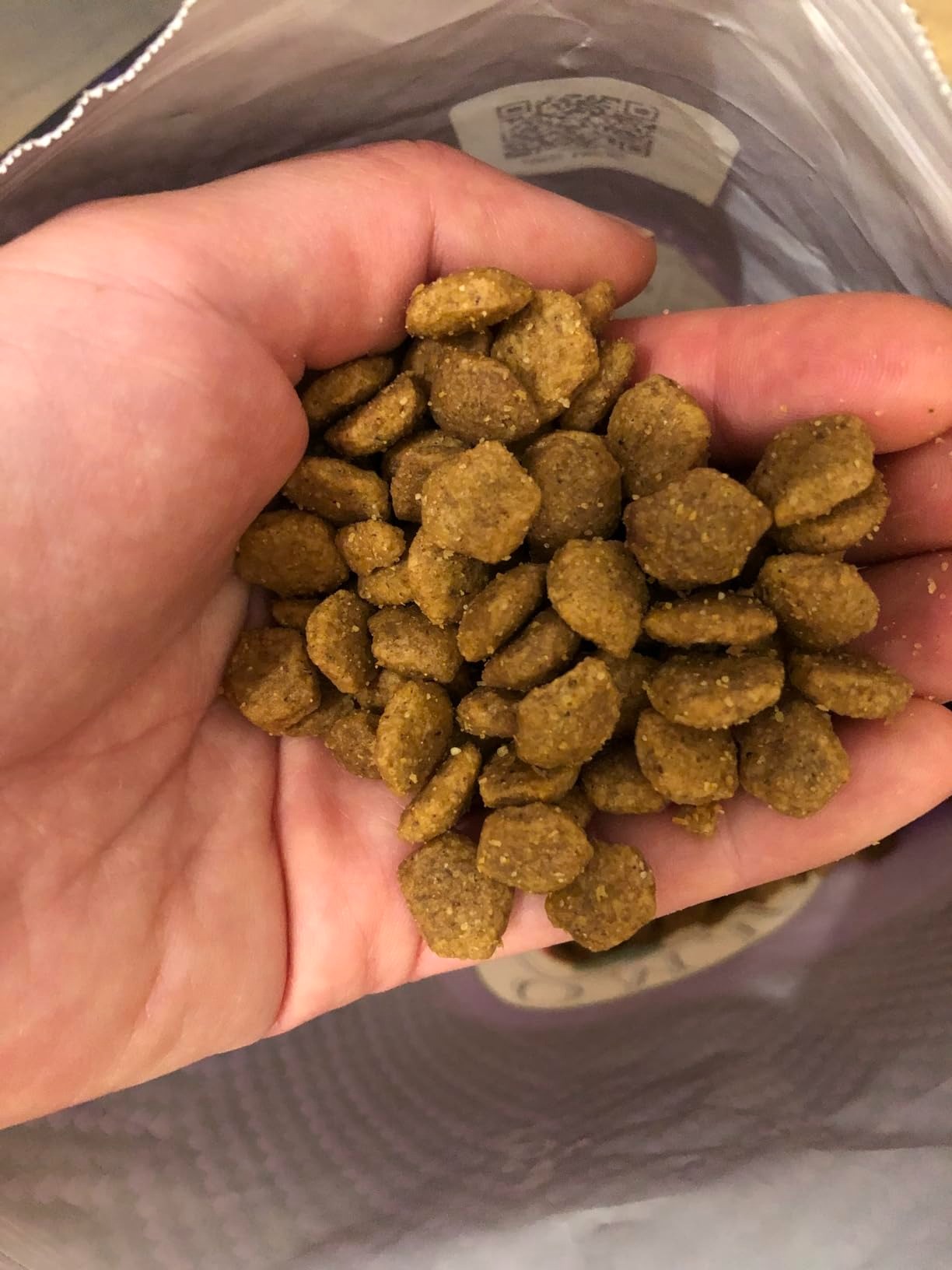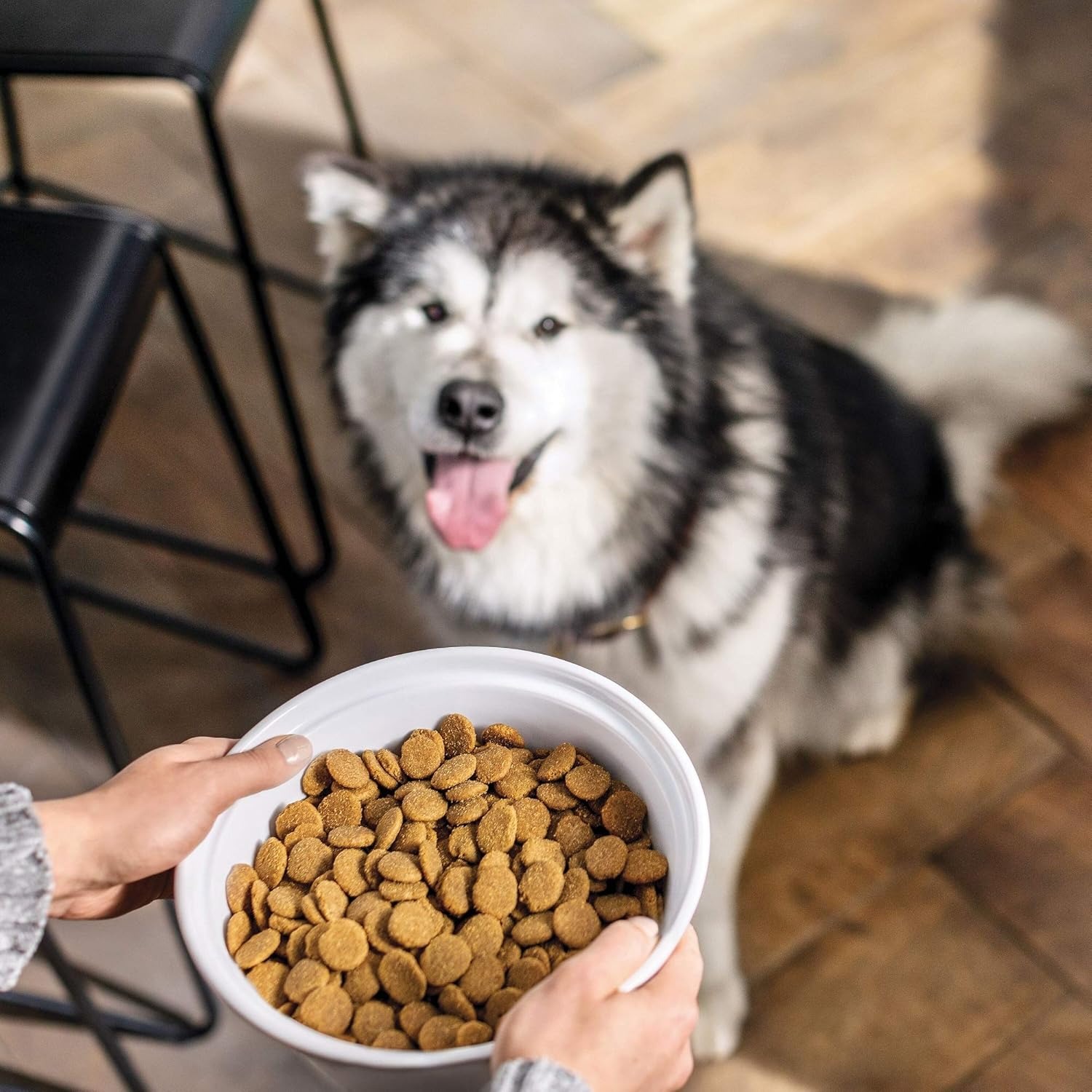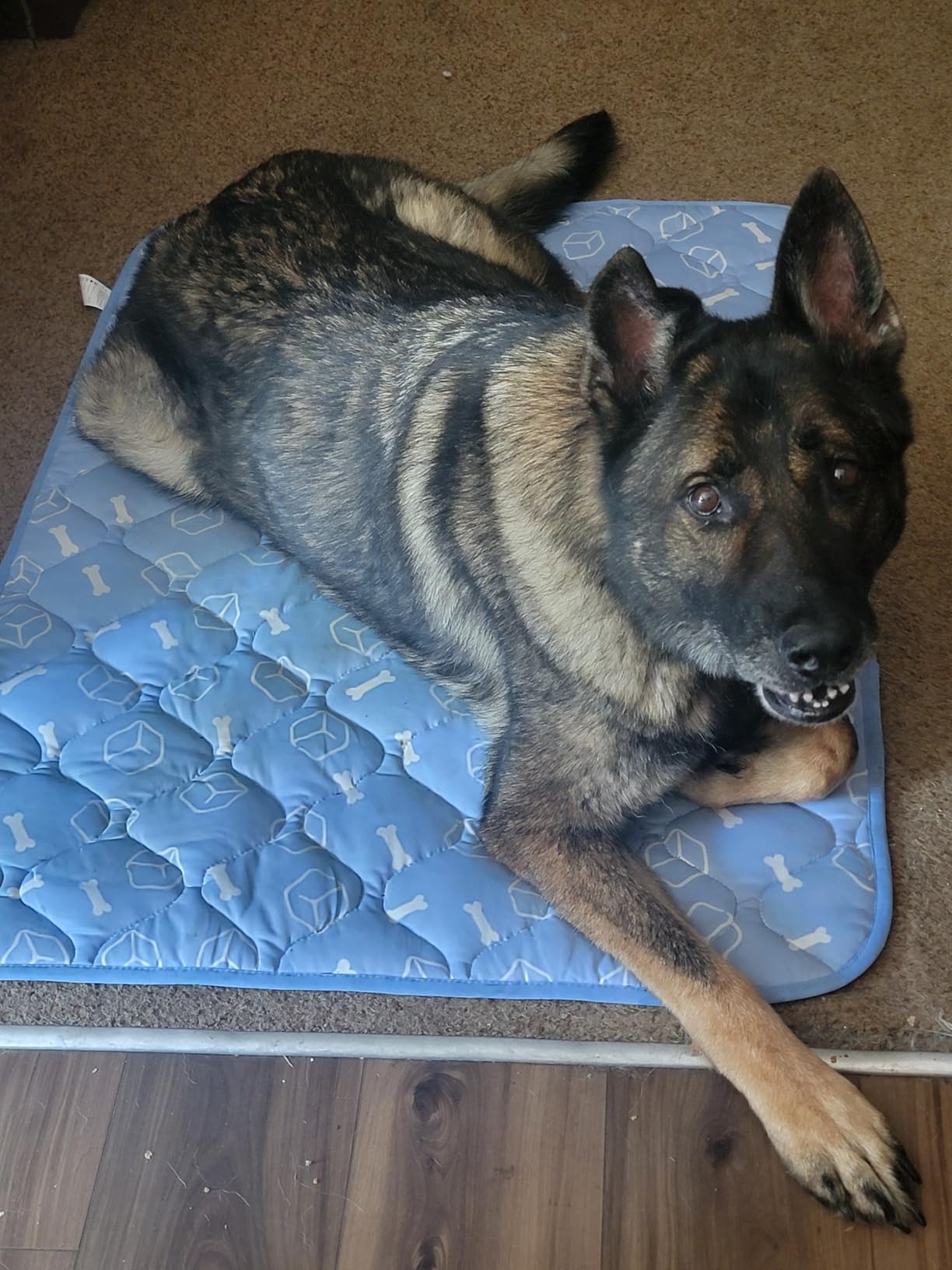Understanding Your Guinea Pig’s Behavior
Guinea pigs are adorable and sociable pets known for their gentle demeanor and playful antics. However, as a caring pet owner, you may sometimes notice your guinea pig shaking or trembling. This behavior can raise questions and concerns, leading you to wonder, “Why is my guinea pig shaking?” Understanding the reasons behind this behavior is essential for ensuring your pet’s health and well-being. In this article, we will explore various potential causes of shaking, ways to identify signs of stress and illness, and effective tips for caring for your beloved pet.
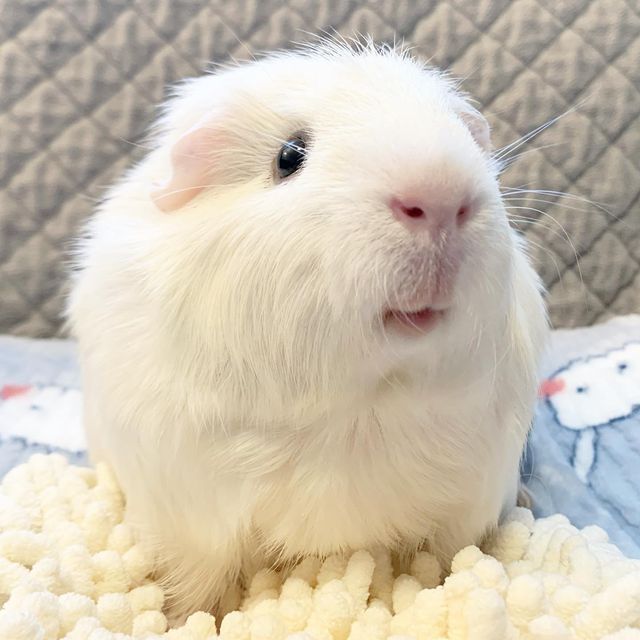
Common Reasons for Shaking
1. Temperature Sensitivity
Why is my guinea pig shaking? One of the most frequent causes of shaking in guinea pigs is temperature sensitivity. These small animals are highly susceptible to temperature fluctuations. If the environment becomes too cold, your guinea pig may shake as a natural response to the chill. In extreme cases, prolonged exposure to cold can lead to hypothermia, which poses serious health risks.
To maintain a comfortable temperature for your guinea pig, ensure that their habitat is well-insulated and free from drafts. Keep the cage away from windows, doors, or air conditioning units. Ideal temperatures for guinea pigs range between 65°F and 75°F (18°C to 24°C). Providing adequate bedding, such as aspen shavings, hay, or fleece blankets, can help them burrow and retain warmth. If necessary, consider using a heat lamp or heating pad specifically designed for pets to maintain the right temperature, but observe the area closely to avoid overheating.
2. Signs of Stress
Stress is another significant factor leading to shaking in guinea pigs. These animals are sensitive to their surroundings and can easily experience stress from sudden changes. Various environmental factors—including loud noises, new pets, or even changes in routine—may trigger shaking as a sign of anxiety.
It’s important to be mindful of your guinea pig’s environment. Minimize exposure to loud sounds, including vacuuming, shouting, or loud music, which can create a stressful atmosphere. Placing the guinea pig’s cage in a quiet area can help reduce their stress levels. Additionally, if you need to introduce a new pet, do so gradually, allowing for proper introductions and providing a safe retreat for your guinea pig. Setting up hiding spots, such as tunnels or small houses, can offer your guinea pig a sense of security when feeling stressed.
3. Health Issues
Shaking can also be a sign of underlying health problems. Medical conditions such as respiratory infections, pain, or neurological disorders may cause shaking. If your guinea pig exhibits excessive shaking along with other concerning symptoms, such as lethargy, loss of appetite, or changes in behavior, it is crucial to consult a veterinarian immediately.
When examining your guinea pig, look for other signs of distress, such as labored breathing, abnormal droppings, or grooming issues. Ignoring these signals may lead to worsening health conditions. Your veterinarian can perform necessary tests to diagnose any health issues early on, allowing for immediate treatment and a better prognosis for your pet’s recovery.
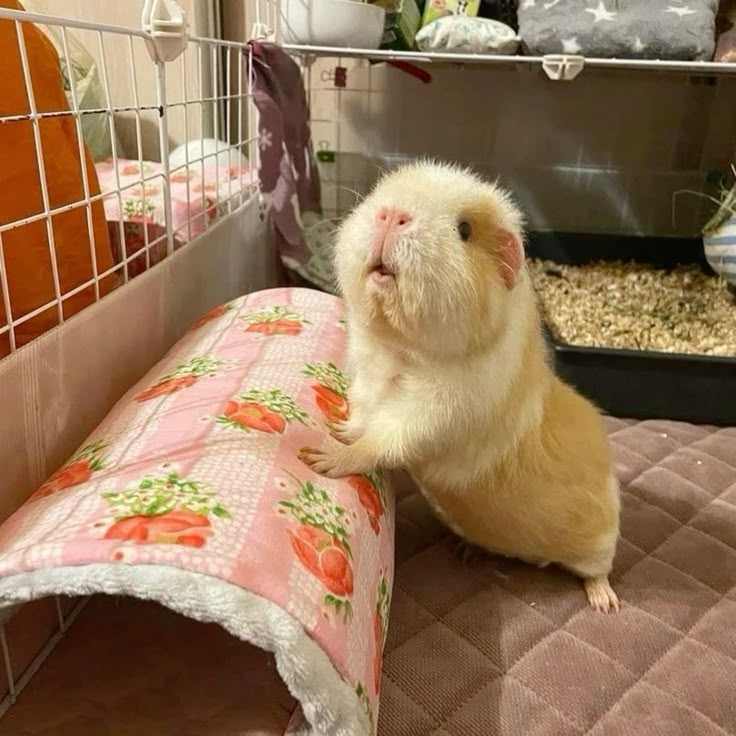
4. Nutritional Deficiencies
Inadequate nutrition can lead to multi-faceted health problems in guinea pigs, including shaking. These animals require a balanced diet rich in vitamin C, which they cannot synthesize on their own. If they lack essential nutrients, their overall health may deteriorate, resulting in distress and shaking.
To ensure your guinea pig receives proper nutrition, provide a variety of fresh vegetables, high-quality guinea pig pellets fortified with vitamin C, and unlimited hay. Some of the best vegetables for guinea pigs include bell peppers, kale, and carrots. Avoid feeding them rabbit food, as it often lacks the specific nutrients guinea pigs need. Monitoring their diet and addressing any nutritional gaps will promote their overall health and happiness.
5. Exercise and Activity
Guinea pigs are naturally active animals that require daily exercise to stay healthy. Lack of movement can lead to obesity and related health problems. Insufficient activity might cause anxiety and shaking due to pent-up energy.
Encourage your guinea pig to exercise by setting up a play area with tunnels, ramps, and toys. Allow them supervised time outside their cage to explore and roam safely. This additional activity not only keeps them physically fit but also helps alleviate stress and improve their mood. A well-exercised guinea pig tends to be happier and more relaxed, which can reduce unwanted shaking.
Observing Behavioral Changes
Recognizing Patterns
To understand your guinea pig’s shaking more thoroughly, observe their behavior closely. Look for patterns in when the shaking occurs. Is it associated with certain triggers, such as loud noises or when they experience sudden movements? Recognizing these patterns can help identify the root cause of the shaking.
Keep a journal to log behavioral changes, noting down instances of shaking, their duration, and any accompanying symptoms. Not only does this help you track changes over time, but it also provides valuable insights to share with your veterinarian, should you need to consult about their behavior.
When to Seek Veterinary Assistance
If you notice persistent shaking or if it is accompanied by other distressing signs, it is essential to contact your veterinarian. Be proactive in addressing potential health concerns before they escalate.
Symptoms warranting immediate veterinary attention include:
- Loss of appetite
- Significant weight loss
- Lethargy or decreased energy levels
- Unusual vocalizations or excessive crying
- Abnormal droppings or signs of diarrhea
Recognizing these symptoms and taking prompt action can help save your guinea pig from serious health issues and improve their quality of life.
Tips for Caring for Your Guinea Pig
Creating a Safe Environment
To ensure your guinea pig thrives, it’s crucial to provide a safe and comfortable living environment. This includes a spacious cage with plenty of room for them to explore. Choose soft bedding such as fleece or aspen shavings, which allows for burrowing and helps maintain cleanliness.
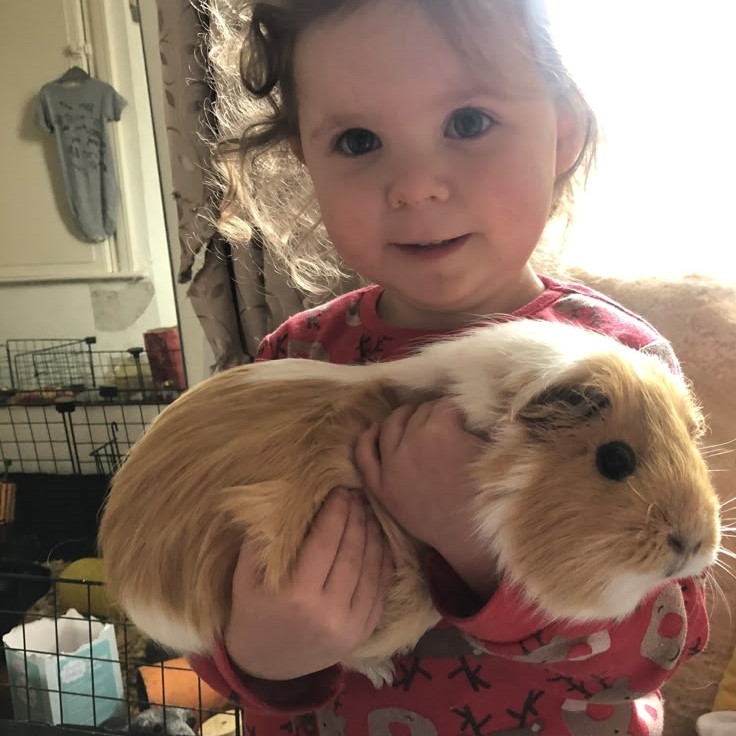
Furnish their habitat with enrichment items like chew toys, tunnels, and hiding spaces to promote physical activity and mental stimulation. Regularly cleaning their cage and changing the bedding will maintain a hygienic habitat and help prevent the onset of any health issues.
Regular Health Check-ups
Routine veterinary check-ups are vital for your guinea pig’s well-being. Regular appointments allow your veterinarian to monitor their health and catch any underlying issues before they become severe. Consult your vet regarding vaccinations and general health checks.
Additionally, perform at-home health assessments periodically. Check your guinea pig’s weight, coat condition, and overall behavior to ensure they maintain good health. Ear, eye, and dental health are also important factors to monitor regularly.
Gentle Handling Techniques
Proper handling is essential for building trust and comfort with your guinea pig. If you notice your guinea pig shaking, it’s vital to approach them gently. Avoid sudden movements or loud noises to minimize stress during handling.
When picking up your guinea pig, make sure to support their entire body. Place one hand under their hind legs and the other under their front, lifting them close to your chest. This secure method helps them feel safe while reducing anxiety. Allow your guinea pig time to explore your hands and arms, promoting a comfortable and trusting interaction.
The Importance of Social Interaction
Guinea pigs are inherently social creatures that thrive on companionship. If they experience loneliness or isolation, it can lead to stress and shaking. If possible, consider adopting a second guinea pig to provide them with a constant companion.
Before bringing in a new guinea pig, ensure an appropriate introduction process. Allow them to become familiar with each other’s scents through divided spaces before letting them mingle. This gradual process will help reduce territorial disputes and lessen stress for both guinea pigs.
Providing Daily Interaction
Keep in mind that daily interaction is significant for your guinea pig’s happiness. Spend time curating activities that engage them, such as spending time in a playpen or engaging in gentle lap time. Regular petting, talking to them, and allowing them to interact with their environment strengthens your bond while keeping them mentally stimulated.
Conclusion
In summary, understanding your guinea pig’s behavior is crucial for addressing the question, “Why is my guinea pig shaking?” The shaking could indicate various factors, such as temperature sensitivity, signs of stress, health issues, nutritional deficiencies, or insufficient exercise.
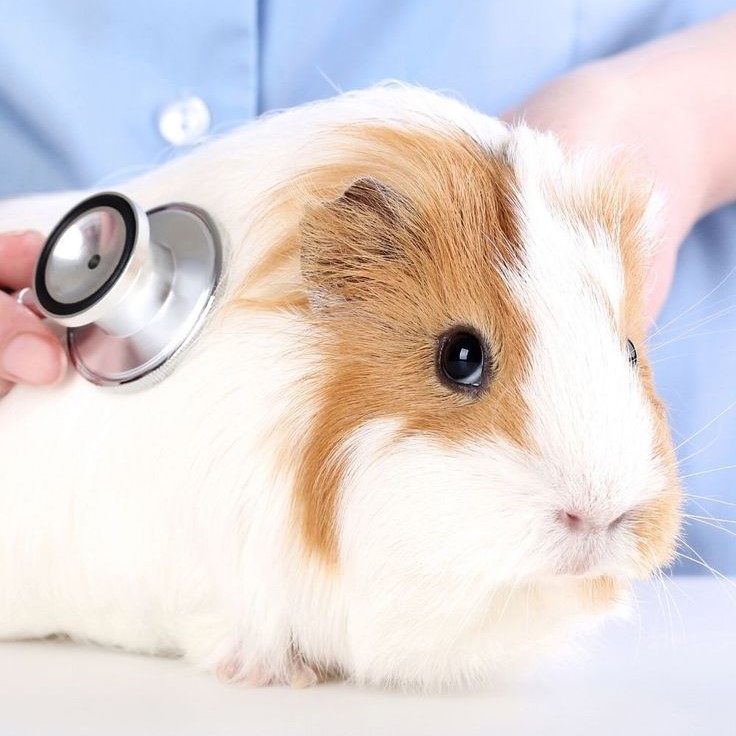
By creating a comfortable environment, ensuring proper nutrition, and recognizing behavioral changes, you can keep your guinea pig healthy and happy. If shaking persists or is accompanied by other concerning symptoms, don’t hesitate to consult your veterinarian.
With love, patience, and attentive care, you can nurture a strong bond with your furry friend while ensuring that their health and well-being remain a top priority. By focusing on your guinea pig’s needs, you’ll provide them with the best possible quality of life, allowing them to thrive and enjoy their time with you.

